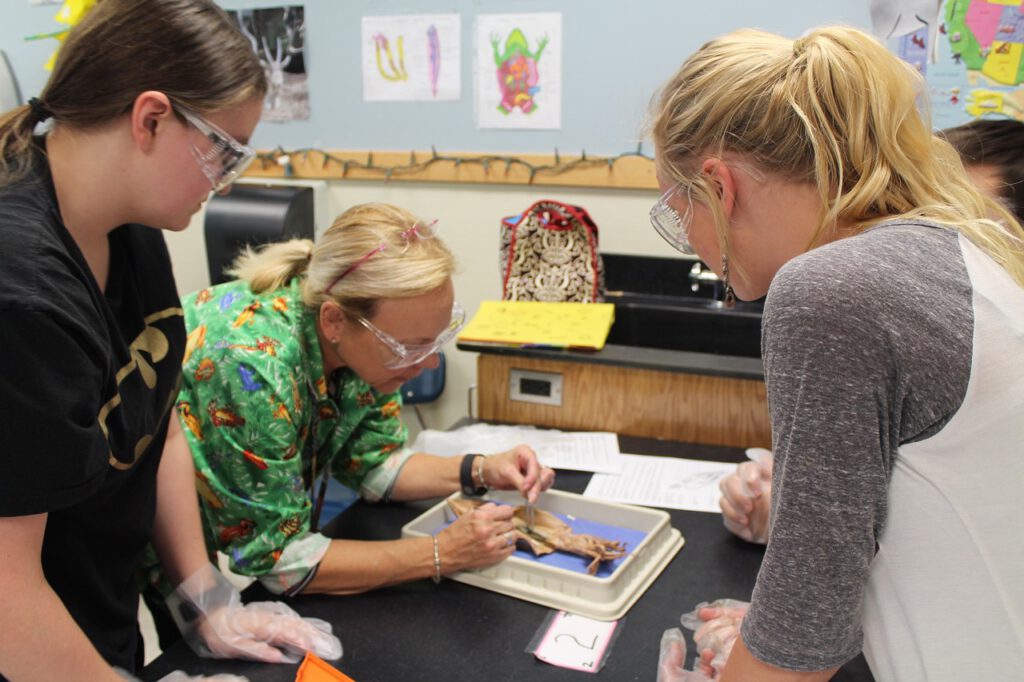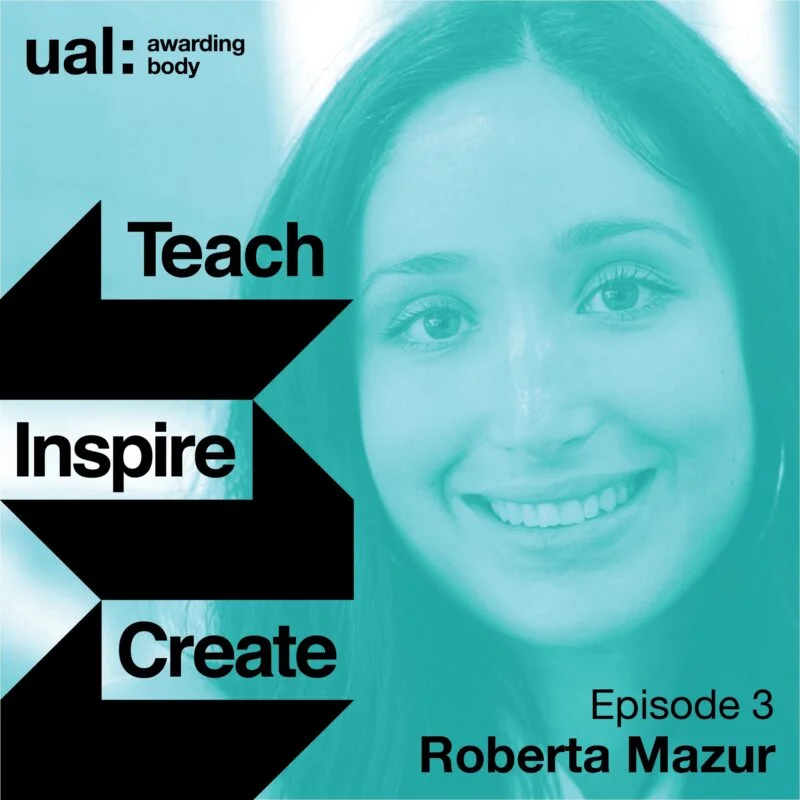Why is Science Still a Turn Off for School Kids? #STEM

According to our latest Skills Survey, 60% of employers surveyed report recruitment of engineering & technical staff with the right skills the biggest anticipated barrier to businesses achieving their objectives over the next 3 years.
Find out more here: https://t.co/yOLyYwx97J pic.twitter.com/x7mGIBwVuF
— IET (@TheIET) November 18, 2019
In this podcast for FE News, David Lakin, The Institution of Engineering and Technology’s (IET) Head of education joins us to discuss the full “Inspiring the next generation of Engineers” report, and what can be done to ensure the UK has an incoming fleet of #STEM students.
To hear his response in full please listen here:
The IET commissioned CHILDWISE to explore what factors inform parents’ and children’s opinions of engineering and technology as potential career areas.
The report also looked at what might be preventing parents from more actively promoting these careers, and what might encourage them to do so.
Building on research in 2015 which focused on 9 to 12 year olds and their parents, CHILDWISE conducted research across April to June 2019, with boys and girls aged 6 to 15, their parents, and STEM teachers of children this age.
This consisted of in-depth interviews across England, involving 16 children, 15 parents, and six teachers, followed by an online survey across the UK, with over 1,000 children and their parents, and almost 150 STEM teachers.
Children’s interest in studying science is on the decline with time pressures and poor resources for teachers as the main factors, a study by the IET finds.
With difficulties to engage pupil’s interest in STEM subjects arising, primary (72%) and secondary (63%) school teachers admit that heavy time pressures to teach a full curriculum is their biggest obstacle. This could be linked to dwindling popularity in the core subjects, Science, Technology, Engineering and Maths.
More than half (57%) of primary school teachers also reported a lack of basic science resources such as Bunsen burners and barometers could also be responsible for a steady decline in interest for STEM subjects in Britain’s schools.
Specifically, the research demonstrates that amongst 9-12 year olds, Science has shown a 10% decline, with Design & Tech down 12% and ICT / Computing falling furthest at 14% over the last four years.
The gender divide also remains an issue, with girls enjoying Art (56%) and English (38%) the most, whereas boys are most interested in Maths (49%) and ICT (46%). This is whilst it emerges that parents may be helping to reinforce gender stereotypes, with parents thinking their daughters would be most interested in the Arts, Education and Childcare, Healthcare and Hair and Beauty, and their sons most likely to go into Technology, Information Technology, Engineering, and Sport.
With these obstacles stunting interest in a child’s most formative years, does more need to be done to support the education system in bolstering interests in fields of STEM?












Responses